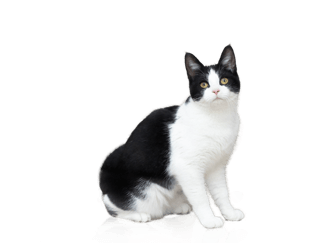
Cat Health
Find out more about cat health and wellbeing to help your cat lead a healthy, happy and active life.

Explore health advice
Displaying 12 of 105 articles
Popular Articles
Find out more about cat health and wellbeing to help your cat lead a healthy, happy and active life.
